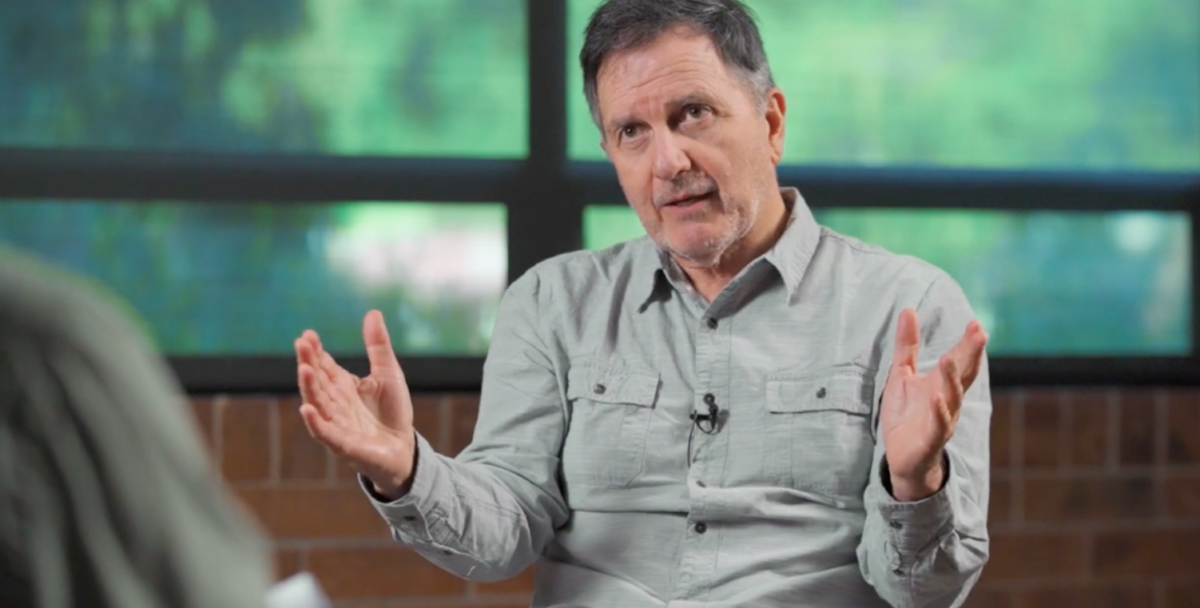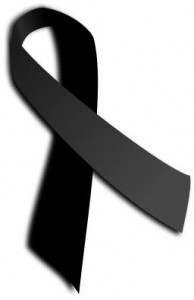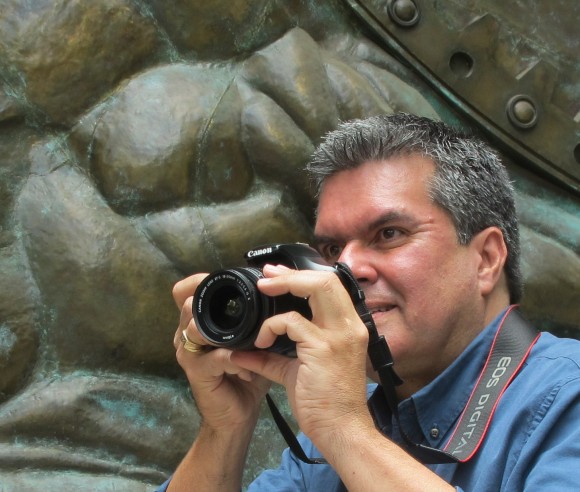¡Todo el orbe cante! porque toda derrota del socialismo —sobre todo cuando es una chamarreada como la de Chile— merece ser celebrada. Nicolás Maduro, Gustavo Petro y otros de esa ralea están incomodados, por decir algo, y ese también es motivo para brindar. Con esta derrota de la izquierda ya van tres al hilo en Hispanoamérica: en Bolivia, Honduras y Chile; pero también Ecuador, Perú, Paraguay y, por supuesto, Argentina se han distanciado del tipo de colectivismo que castiga a venezolanos, colombianos, mexicanos, nicaragüenses y brasileños.

En Chile fue derrotada la izquierda. Para que el cambio no se revierta, debe haber reformas basadas en principios liberales sólidos. La foto la tomé de X.
Pero, ¡ojo!, porque es muy posible que, en algunos casos, aquellas derrotas sean puramente de castigo. No sorprende que el socialismo no solo haya sido incapaz de mejorar la calidad de vida de las personas y promover el bienestar y la prosperidad, sino que haya agravado la pobreza, la criminalidad y la inestabilidad. Si ese es el caso y la derecha conservadora no es capaz de revertir los daños causados por décadas de izquierdismo —con fundamento en principios sólidos— lo que ocurrirá es que regresará el péndulo. El reto para la derecha (conservadora y liberal) es convencerse a sí misma de que su superioridad no solo es económica, sino moral. ¿Por qué? Para emprender reformas profundas sin culpa. El reto es educar sobre la libertad; pero no solo desde la perspectiva económica, sino desde el ángulo jurídico y, sobre todo, ético.
Dicho lo anterior, mis amigos chilenos comentan que, desde la perspectiva económica, los economistas de Kast no son audaces y que no se acercan ni siquiera a Chicago. Lo cual es preocupante porque, si eso es cierto, no habrá reformas de fondo y rápidas, y si no las hay, se puede desperdiciar una oportunidad de oro para rescatar Chile del modo en que está siendo rescatada Argentina.
A aquella red flag se le añade que Kast es conservador; y no hay que confundir conservador con liberal clásico. El problema con los conservadores, como me comentó un amigo psicólogo, es que sus modelos mentales se les atraviesan mucho. En la línea cognitiva-conductual, los modelos mentales son mecanismos centrales de la cognición humana; pero pueden ser distorsionados y, por lo tanto, disfuncionales (como creencias intuitivas contrarias a la física, como la de que los objetos pesados caen más rápido), lo que explica algunos sesgos cognitivos.
Los modelos mentales y los sistemas de creencias mantienen una relación estrecha: los modelos mentales incorporan, organizan y están profundamente influenciados por las creencias, patrones de crianza y experiencias. En la política, el conservadurismo, sobre todo el religioso, suele atravesarsele a principios como el respeto absoluto a los derechos individuales en temas como qué es la vida; a si podemos tratar como medios a otras personas, o no; a si la igualdad de todos ante la ley se aplica a todos, o no; y a si el misticismo debe prevalecer sobre la razón, o no.
Dicho lo anterior, es más fácil tratar con los conservadores que con los socialistas porque aquellos son más republicanos que estos últimos. Hecho que es evidente al ver cómo en Honduras y en Chile la extrema izquierda se niega a respetar los resultados del sufragio.
De cualquier manera, les deseo éxitos a los chilenos y a la administración de Antonio Kast. Que esta victoria sea el inicio de una era de libertad verdadera y prosperidad duradera para los chilenos, sin concesiones al colectivismo ni a los modelos mentales que le dan prioridad al misticismo sobre la racionalidad.




